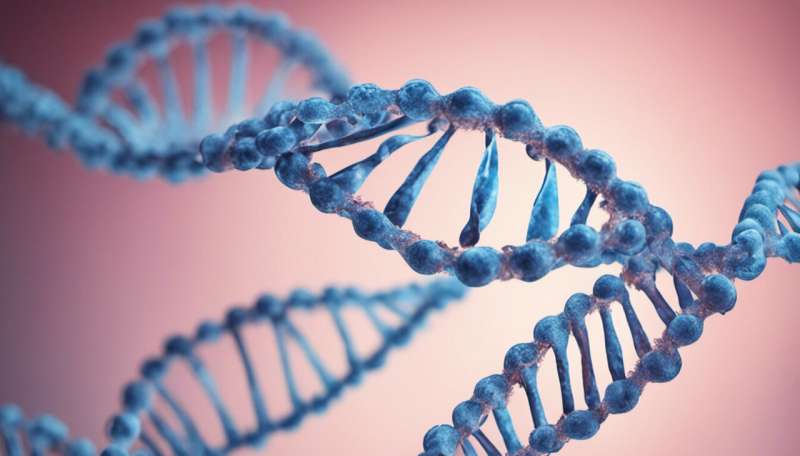Genetic signatures of gastric cancer cell lines reveal disease subtypes

Distinct subtypes of gastric cancer respond differently to drug treatments according to a study by A*STAR researchers. The finding could help optimize treatment for individuals with gastric cancer and improve their prognosis.
Relatively little research has focused on gastric cancer, a disease that is prevalent across Asia. In Singapore, for instance, gastric cancer is the third most common cancer among men and the fifth most common among women. Diagnosis is usually made at late stages of the disease, by which time treatment is often ineffective. A greater understanding of the disease is essential to reduce its impact.
May Ann Lee from the A*STAR Experimental Therapeutics Centre and colleagues have provided insight into the disease by studying the genetics of cultured gastric cancer cell lines derived from patients. Many different cell lines exist, each responding differently to treatments; the research team studied 18 different cell lines to find out why.
"We mapped the chromosomes of the cells to look for gain or loss of chromosomal material," explains Lee. "From this, we could see how the cell lines differ from each other. The amount of genetic data we produced was large, and we needed bioinformatics specialists to find differences that enabled us to group the data meaningfully."
The genetic signatures of the cell lines included between 1,724 and 22,631 defects. Many of the defects were in genes that are involved in the promotion or suppression of cancer. While each cell line's genetic signature was unique, the researchers identified that they could be grouped into one of two clusters: those with defects that affect the activity of the energy-producing components of cells known as mitochondria, and those with defects that affect cell signaling.
The team also tested the effectiveness of potential cancer drugs in suppressing the growth of the cancer cell lines. They found that the two clusters of cell lines exhibited different sensitivities to the drugs: sensitivity varied by as much as ten-fold. This means that identifying the genetic signature of tumor cells in individual patients with gastric cancer could enable selection of the most effective treatment.
"We have shown that different subtypes of gastric cancer respond to different pathway-specific chemotherapy," explains Lee. "Our findings will contribute to personalized treatment for patients in the future."
"Next, we will test these cell lines for sensitivity to drug candidates discovered at the A*STAR Experimental Therapeutics Center. We hope to discover more drugs that can target specific cancer subtypes and provide more options for treatment."
More information: "Molecular integrative clustering of Asian gastric cell lines revealed two distinct chemosensitivity clusters." PLoS ONE 9, e111146. dx.doi.org/10.1371/journal.pone.0111146















